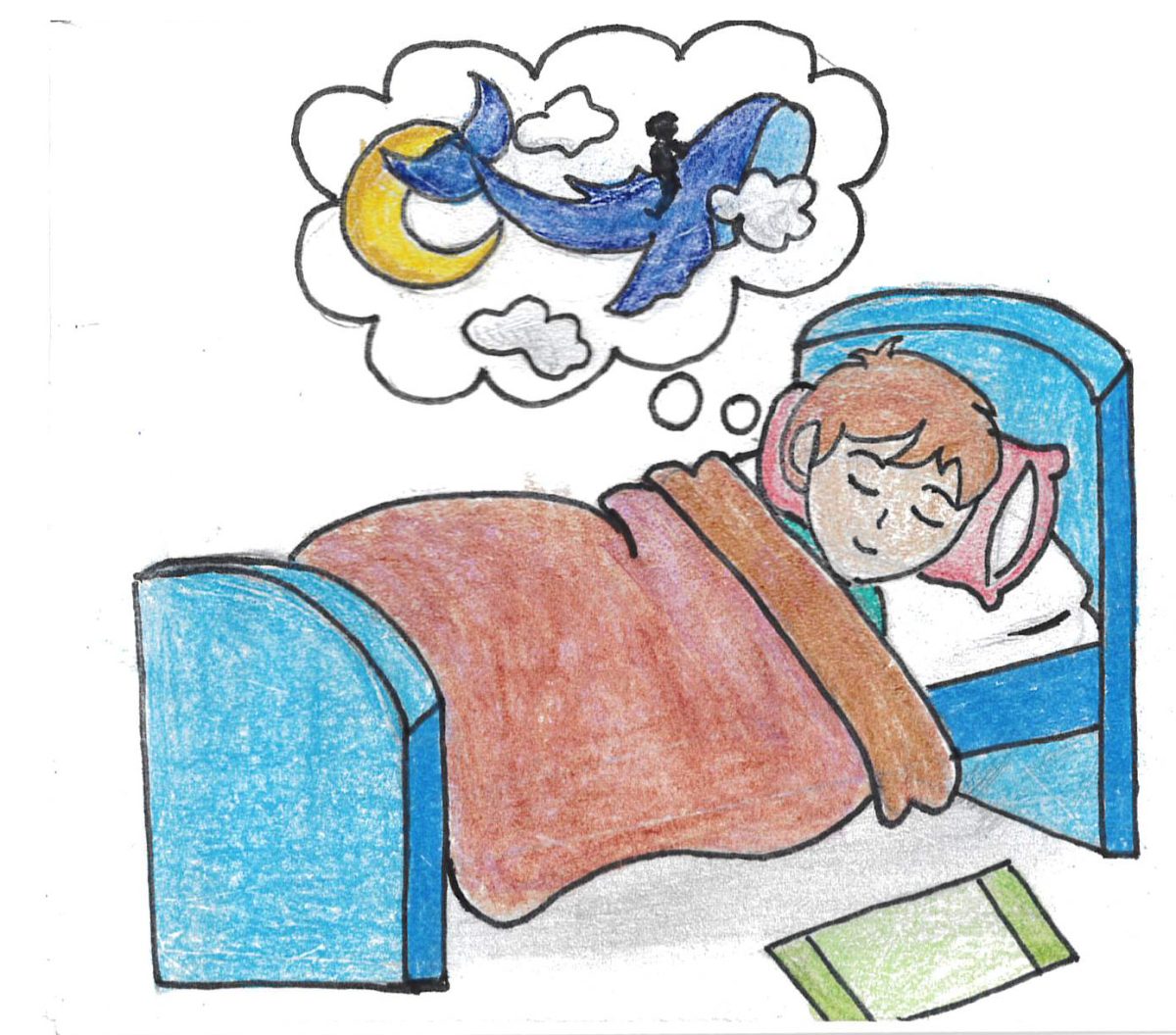A heavy workload, dreary weather, and shorter days are all aspects that lead people to feel down during the cold seasons. Seasonal Affective Disorder (SAD), also known as seasonal depression, is highly common, especially among students. Approximately 10 million Americans experience SAD, lasting about 40 percent of the year. Increased sleep, exhaustion, anxiety, headaches, and overall fogginess are all symptoms of this condition. While common and highly normalized, it’s important to focus on the solutions: what is SAD, and what can you do to feel better?
Exposure to sunlight: One of the primary reasons for seasonal affective disorders is the lack of sunlight. Sunlight helps boost serotonin levels, the hormone that affects your mood. Because of the cloudiness and gloom in the winter, serotonin levels tend to decrease, which may lead to depression. Make sure to take advantage of the few sunny days in the winter. Even if it’s cold, bundle up and take a stroll around the block. Another way to help boost serotonin levels in the winter months is to take vitamin D supplements. Vitamin D is involved with the synthesis of serotonin, and since there is not as much sunlight in the winter, many people deal with low vitamin D levels. Taking these supplements is another way to boost your serotonin and your mood.
Exercise: Exercise is important at any time of the year, but it’s especially important in the winter. Exercise releases endorphins in your brain that help improve your well-being. It boosts your mood and is good for your health in general. If it’s not too cold, try to get outside to get some daylight to add an extra boost to your mood. If this isn’t possible, try at-home workouts or look into gyms nearby as another resource.
Organization: Plan out your days! Sticking to a schedule on a day-to-day basis can help you feel more structured and put together. Rather than putting too much thought into the stressful moments or intense workloads, incorporate something into your routine that you can look forward to. While school and work can get overwhelming in the wintertime, keeping a planner or calendar to organize your assignments is extremely helpful to relieve yourself of some of this stress.
Keep a Journal: This isn’t for everyone, but another way to help combat seasonal affective disorder is to write down your thoughts. Writing down your stress-induced and negative thoughts can have a positive effect on your mood. Prioritizing your problems and reflecting on your feelings is crucial in helping prevent SAD.
Cleveland itself has many resources for students struggling with their mental health as well. Confidential advocates are there to offer support in any way they can, and are forbidden from sharing any information they are told with occasional legal exceptions. Social workers and counselors are also available for mental health support and have access to resources such as community services, housing resources, food, and hygiene items for students. All of these people, as well as access to additional mental health support, can be found on Cleveland High School’s PPS website.
While seasonal depression can feel overwhelming, it’s important to remember that there are many resources available to manage and combat its symptoms. Prioritize your self-care by testing out a few of these methods to help navigate the winter season. But most importantly, never hesitate to reach out for help in times of need.








